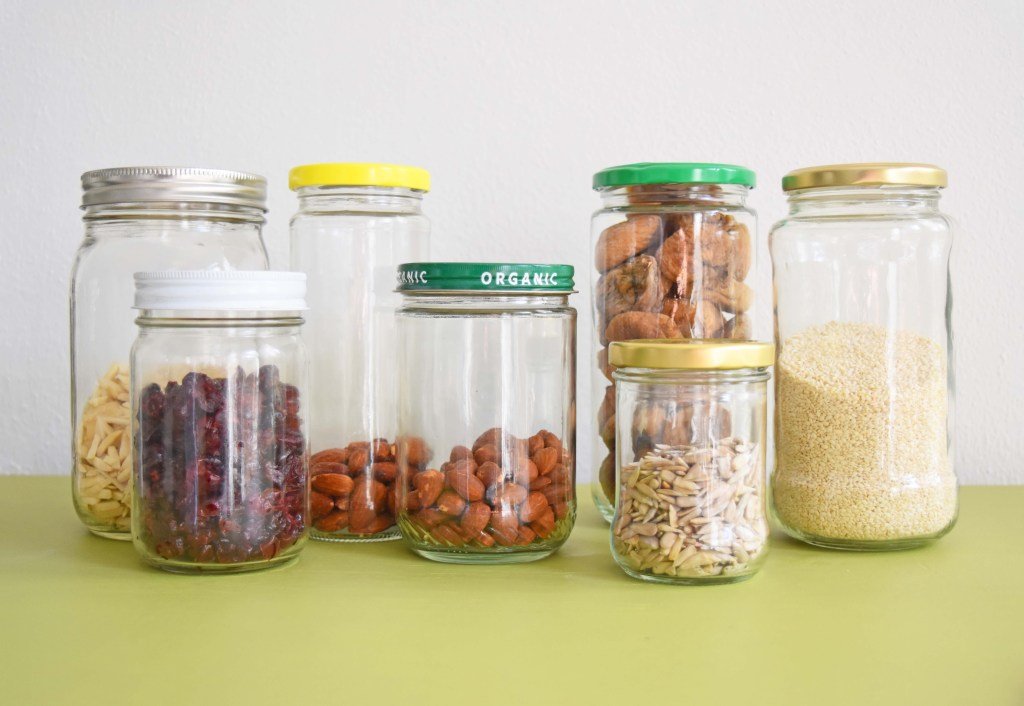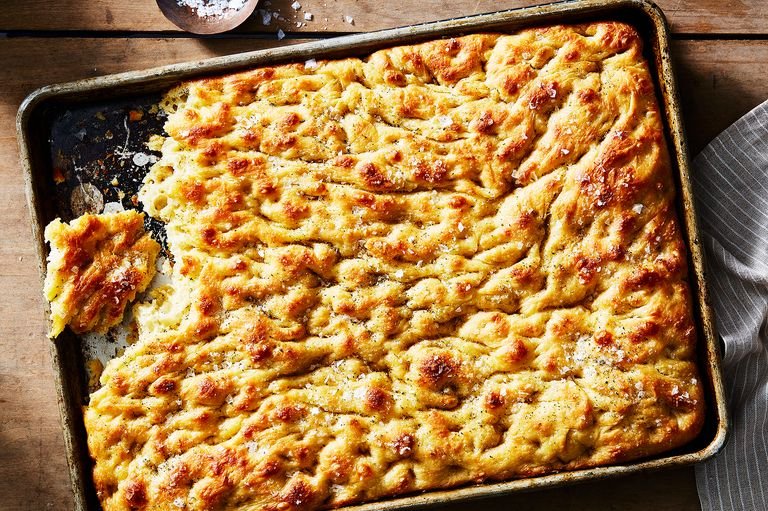As the world stays home during the Covid-19 crisis, our planet has seen a much-needed break in pollution, providing a small silver lining to this crisis. However, in the middle of a global pandemic, the environment is likely not top of mind for most people. That’s okay, but there are still choices you can make to prioritize sustainability during this pandemic while staying safe at home!
Buy local
Now more than ever our local businesses need support. If you can, seek out delivery from local shops for items you might normally look to from Amazon or big box stores. Many small businesses have quickly adapted to this new normal, and have launched websites and delivery services in just a few weeks. So even if they didn’t offer online services previously, check back and see if you can place an order for delivery or contactless pickup. Additionally, since large companies’ shipping is currently in such high demand, their delivery times are often delayed, meaning you might even receive your items faster from a small retailer.
If you’re located in Barcelona, check out GastroCampo, a nonprofit initiative that has curated an online marketplace of small vendors’ products that can be delivered to your door during the pandemic. If you’re in the US, try Farmbox Direct or Imperfect Foods for delivery of fresh, local produce.

Reuse and recycle
If you’re supporting your local restaurants and cafes – that’s great! Be sure to recycle or reuse the food containers that hold your deliveries. Here are a few recycling tips to help get started to maintain your sustainable lifestyle during this pandemic:
- Check your local recycling guides. Not every city or town has the same recycling rules. Some collect soft plastics like plastic bags while others don’t; some cities don’t even collect recycling so you may have to hold onto items a bit longer than usual. Either way, it’s important to know how your area collects recycling to ensure those recyclable items don’t get tossed out with the trash. Generally, most cities accept hard plastics, glass, and aluminum so be sure to wash and recycle those containers when you can.
- Reuse glass jars. Pasta sauce, peanut butter, and salsa jars are all great for reuse. Give them a thorough wash then use them for overnight oats, salad dressings or for storing nuts, seeds or grains.
- Where possible, avoid plastic. This can be challenging, but consciously making choices to avoid plastic can make a big difference. Start by looking for packaging in aluminum rather than plastic. For example, try buying sparkling water in cans rather than plastic bottles. The aluminum is much easier to break down and reuse. Also, reduce the number of bags you put produce in by placing them directly in your cart and washing your veggies when you get home. You can also buy meat and fish from the deli section of your grocery store rather than buying the packaged cuts that are in styrofoam or plastic.
Recycling Basics
- Clean. Dirty containers can’t be recycled, so make sure you’ve washed as much leftover food or product before placing in the bin.
- Flatten. In order to fit more in the bin, flatten cardboard boxes and squash plastic bottles
- Separate. If your city requires certain recyclables to be separated (glass, cardboard, plastics), be sure to do so before throwing away.
- Remove. Remember, not all items are recyclable. Remove soft plastics and other non-recyclable items, and check to see if your local recycling depot or even grocery accepts items like plastic bags and coffee bean bags.

Be safe and responsible
The CDC now recommends wearing non-medical grade masks when you must leave your home. Rather than using a new disposable mask every time you go out, make a fabric one or order one from a local company. Fabric masks can be washed and reused, meaning you create less waste. If you’re in a pinch and have to wear disposable masks or gloves, be sure to dispose of them properly.
Minimize food waste
Eating from home and cooking your own meals reduces food waste, but there’s even more you can do to ensure less ends up in the garbage. Make stock out of veggie scraps, freeze wilted greens for smoothies, and join the hoards of people baking banana bread with your overly ripe bananas. Cooking with leftovers and getting creative with what’s left in your fridge or freezer also means you make fewer trips to the grocery store.

Get cooking
Making your own food is a great way to avoid packaging. Salad dressing, mayonnaise, and pasta sauce are all easy and affordable to make and result in less going into the garbage or recycling. Stocking up on a few basic ingredients like flour, butter, salt, oil and oats means you can make comforting favorites like pastries, cookies, bread, biscuits, or pizza dough. Pantry staples also keep for much longer so you can stay home and not worry about running low. You can even make dog treats for your furry quarantine companion if you have one! Here are some simple recipes to try if you’re looking to switch out your store-bought purchases for homemade:
- Granola – Throw in whatever you have in your pantry! Coconut, nuts, seeds, chocolate.
- Hummus – Great for snacking while binge-watching Netflix.
- Crackers – Dip in the aforementioned hummus!
- Focaccia bread – if you’re looking to try your hand at bread baking, this is a great place to start. So easy, yet delicious!
Quarantine doesn’t mean you have to become a master chef or make the perfect sourdough bread, but it is a great time to try new recipes and make staples from scratch that you otherwise might not have time for.

Safety for us, and the planet
Of course, health and safety are currently at the forefront of everyone’s mind. We’re in the middle of a global crisis, so everyone is doing what they can to get by. However, during a time of such confusion and change, there are still things in our control to stay sustainable. The pandemic does not change the fact that we need to keep moving forward on our journey to build more sustainable lifestyles that don’t harm our planet. This time has forced a pause on our regular way of life, and the Earth has benefited from that. If you can, try to still be mindful of small changes you can make to be friendly to our planet, while staying home and remaining safe. There’s a lot that is outside of our control, but luckily, making more sustainable choices are not.
Want to learn more tips on how to live a more sustainable lifestyle?

